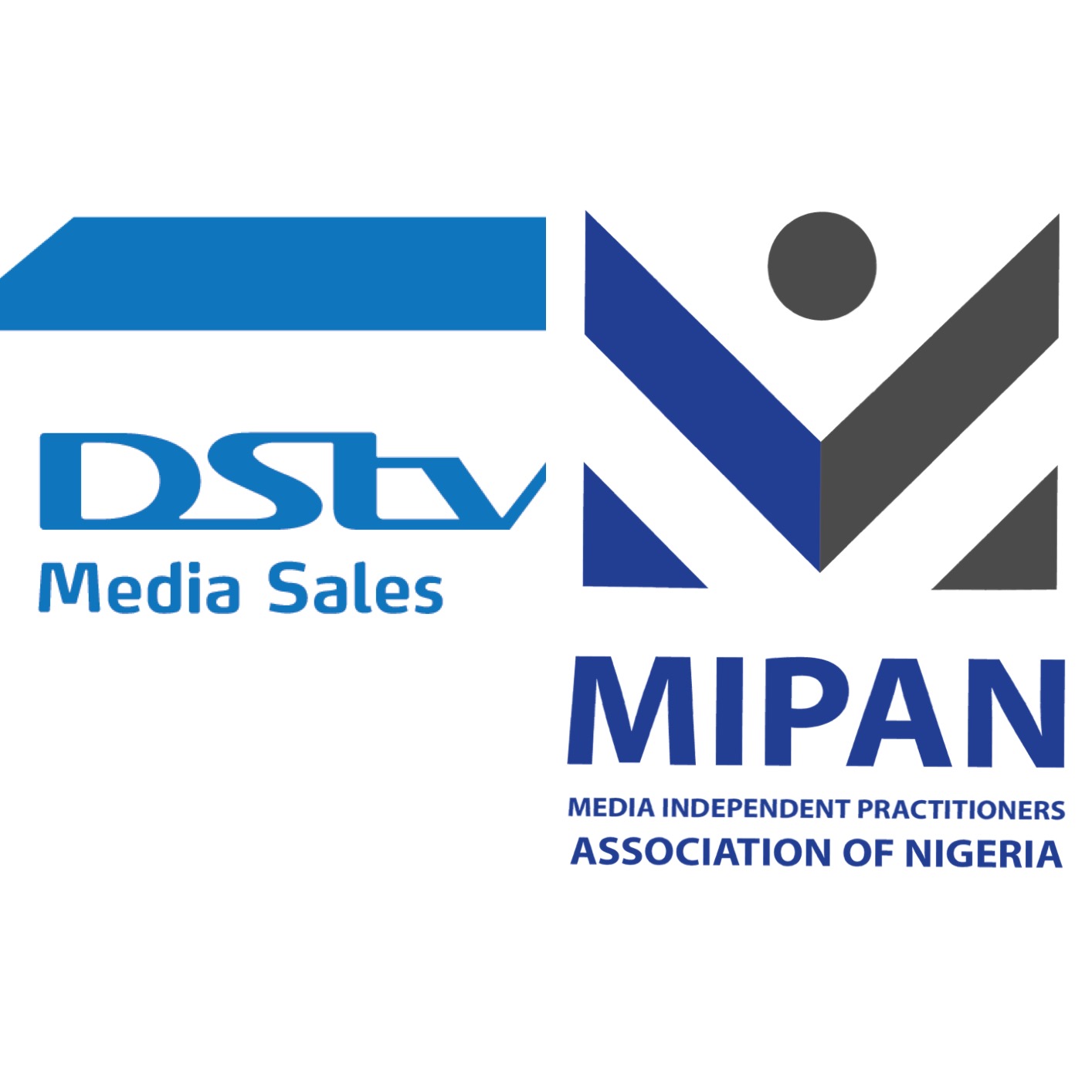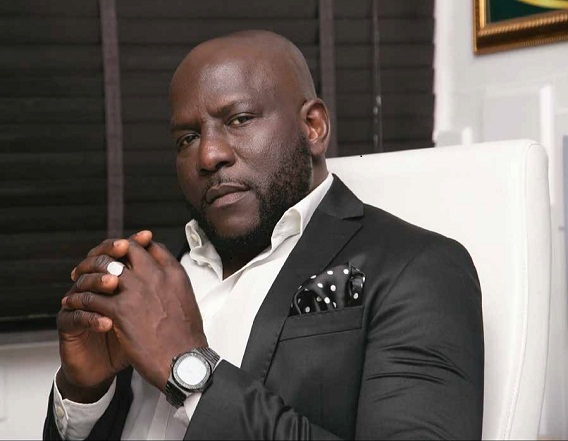
Cola market competition puts global CEOs on Lagos streets
The battle for the cola market share may not be abating any time soon as long as Big Cola on the stable of Aje Nigeria and Bigi Cola from Rites Food continue in their fierce determination for mindshare.
In classic marketing, underdog brands, if one may call them so, resonate with consumers during tough economic times. And the last four years of intense economic challenges have, however, seen a sizable chunk of Nigeria’s cola carbonates consumption pattern slashed by Big Cola and Bigi Cola.
Coca-Cola, despite its globally recognised and household status, is obviously not resting on its oars. The iconic brand is not unaware that it is still competing against other beverage makers and brands in Nigeria.
Recently, CCHBC CEO Zoran Bogdanovic and the Coca-Cola Chairman and CEO James Quincey visited Coca-Cola customers in Nigeria. Although the purpose of the high-powered visit was not made public, market watchers believe it was geared towards a partnership for growth and perhaps to check competition.
Coca-Cola is the largest spender on global advertising and marketing of any other soft drink producer.
In 2018, the company spent a whopping $5.8 billion on global advertising, dwarfing its next rival PepsiCo by nearly $2billion in spending.
Due to the highly competitive nature of the beverage industry, large brands like Coca-Cola are required to make large spends on multi-channel advertising campaigns. This means that if Coca-Cola does not consistently advertise, it will lose market share to other large competitors, such as PepsiCo, Inc. That has bearing more than ever now as sugary drinks are on the decline, due to health concerns, leaving soft drinks brands to amplify their creativity to stay in front of consumers.
This spurs an advertising arms race of sorts, where large brands in the beverage industry try to outspend competitors in an attempt to solidify and then gain market share.
Through the first quarter of 2019, Coca-Cola’s global brand value reached $80.9 billion.
But it costs approximately 60% to 75% less to replicate a product than it costs to create a new product. And this appears to be what Big Cola and Bigi Cola are doing with Coca-Cola and Pepsi in the Nigerian market.
While the big players such as Cola-Cola and Pepsi spend heavily on advertising in Nigeria, AJE, the maker of Big Cola strategically avoids it. But it has been on a determined slow-but-steady market penetration. The Country Manager was quoted as saying that the company would use more of direct and personal selling and pricing strategy to garner market share in the country. Analysts think Rites Food brands have been enjoying considerable success in the sausage roll market, believing that same will be transferred to Bigi Cola.
What’s more, Coca-Cola revenues have declined over the last three years, mainly due to loss of revenue from extensive refranchising of its bottling operations.
However, with most of the refranchising already done, total revenue is expected to increase in 2019 and 2020, led by higher demand for energy and sports drinks across geographies, along with benefits from major acquisitions. How the above global scenario is going to play out in the Nigerian market given the ongoing disruption by underdogs remains to be seen.



Comment
No comments found.